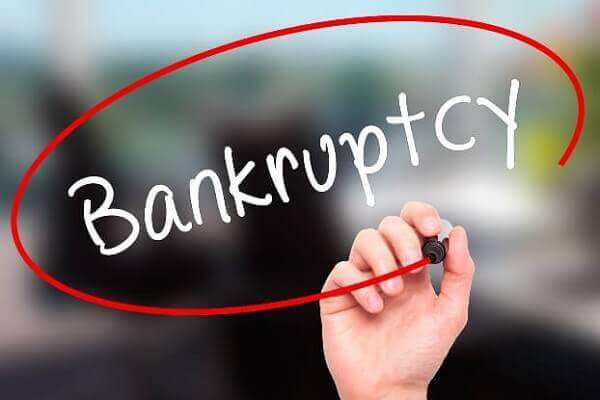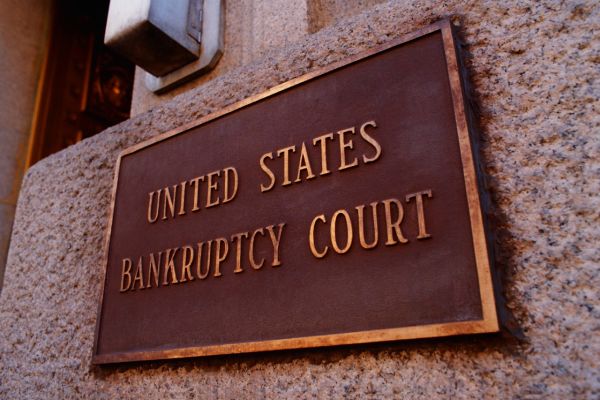You might be reading this title and thinking, what does bankruptcy and term limits have to do with each other? Whether you identify as a republican, democrat, independent, or any other party have you ever wondered how it is that someone could be in Congress for 30 years? Our government was supposed to be a government by the people, of the people, for the people. In other words, our government was supposed to be a citizenry government.

Bankruptcy and Term Limits go Together
You might be reading this title and thinking, what does bankruptcy and term limits have to do with...


















